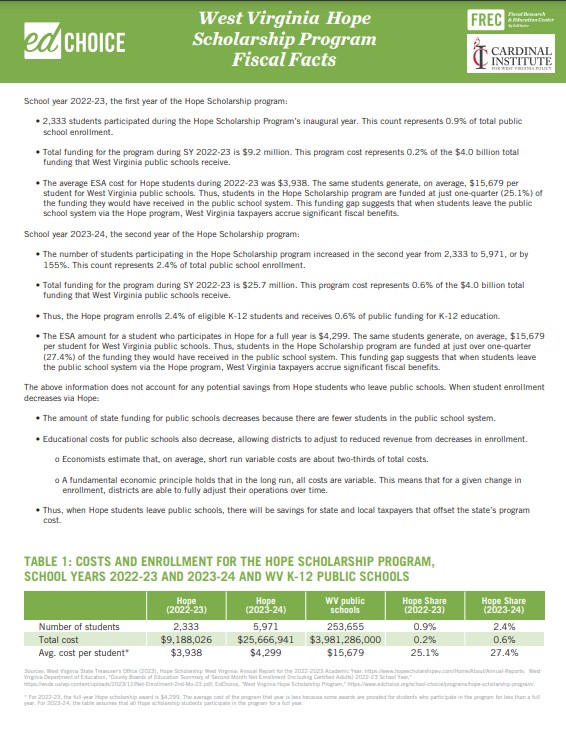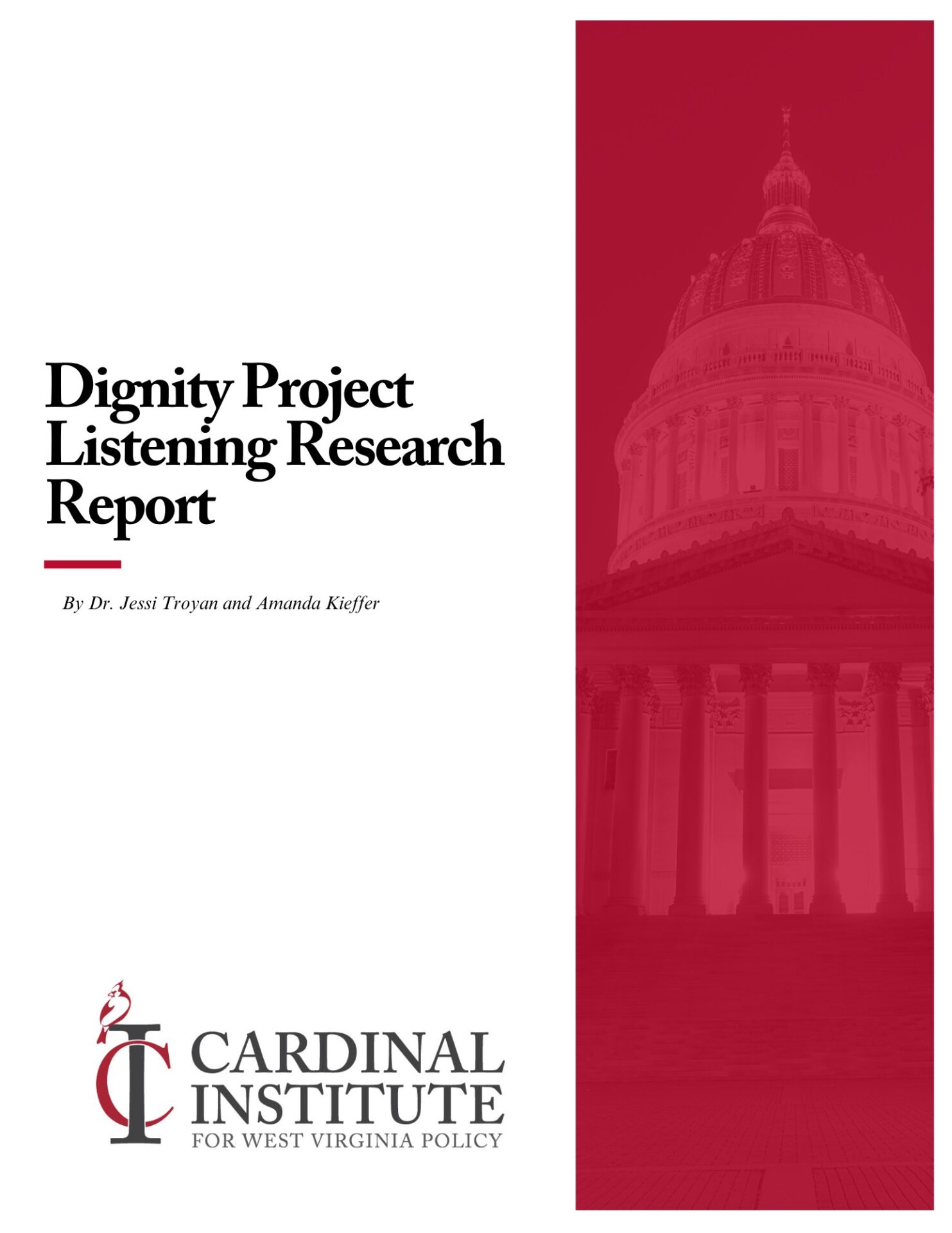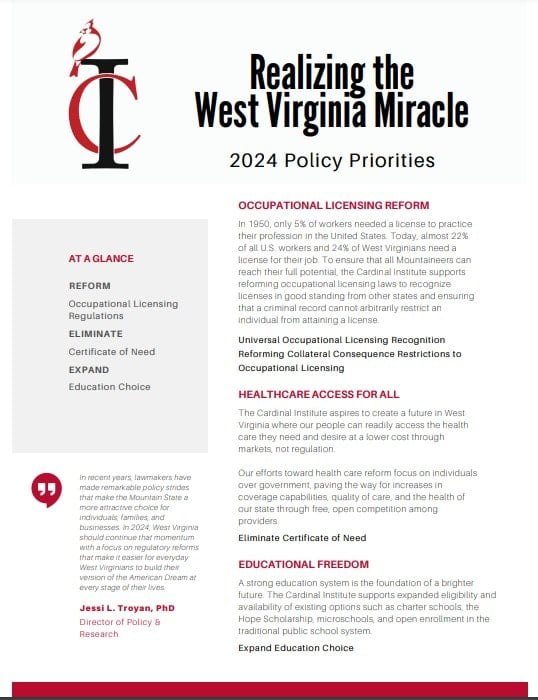History of the Opioid Epidemic in West Virginia
Over the last decade, the rate of overdose-related deaths and illnesses due to opioid use has skyrocketed across the country. However, this tragedy has impacted the Mountain State more than any other. West Virginia has reliably had the highest overdose rate in the nation.
In 2015, the state reported 41.5 deaths per 100,000 individuals from addiction. From 2015-2016, there was a 20% increase in occurrence overdoses, making it the sixth leading cause of death in West Virginia. In 2017, 833 deaths were reported due to opioid overdoses, and in 2018 alone, nearly seventy out of every one hundred West Virginians received an opioid prescription. 25% misused them, with 5% of those who misuse frequently transitioning to a cheaper, more accessible option: heroin.
Between 2007 and 2012, 780 million opioid pill variants were distributed throughout the state, enough to give every adult and child in West Virginia 433 pills each.
Given the rates of abuse and overdose, drug treatment in West Virginia should be among our top priorities. Yet, West Virginia regulatory protectionism has continued to harm our most vulnerable populations.
Certificate of Need: Killing West Virginia Health
Across the nation, less than half of those who need treatment for addiction to opioids are receiving it. For decades, unelected regulators have required health care providers to receive approval before opening new or expanding existing practices. Requests by providers are approved through the receipt of a “Certificate of Need” (CON) – forcing doctors and providers to obtain “need-based” permission slips before treating patients. The soviet-style application process undercuts healthcare’s ability to provide high quality, affordable, and accessible care. As a result, health care in states that maintain these regulatory burdens suffer greatly. West Virginia is the 6th most regulated CON state.
The West Virginia CON program covers 24 different devices, procedures, and health care centers—including addiction treatment centers.
Beckley Area Medical Clinic
In 2017, the Beckley Area Medical Clinic (BAMC) applied for an exemption from the CON application and approval process through the West Virginia Health Care Authority’s (HCA) CON Board. The Exemption Application, filed by the clinic, stated “…we will also be providing substance abuse treatment by prescribing buprenorphine products…We will be using the exemption as part of the application process to be a licensed office-based medication-assisted treatment (OBMAT) facility.”
The U.S. Food and Drug Administration (FDA) determined the most effective treatment for opioid addition is through methadone, buprenorphine, and naltrexone. The three medications increase a patient’s ability to retain treatment, reducing the likelihood of relapse.
At the time, the BAMC was an existing practice who had been prescribing buprenorphine products for substance abuse. However, passage of a new law, requiring OBMAT facilities to receive a CON, required facilities to apply with the state HCA as an OBMAT facility, regardless of previous operation.
The CON Board required BAMC to submit the application and a $1,000 filing fee. On April 18, 2017, the clinic received a letter of denial for operation from the HCA due to “failure to address behavioral services that would be provided” and written designation from the CEO that the application was valid.
The Beckley Area Medical Clinic no longer has an OBMAT facility.
Currently, there is no clinic in Beckley offering substance abuse treatment with buprenorphine. This limits available options for those in southern West Virginia who seek help battling their disorder.
The Institute for Justice has also noted that there is an existing moratorium on building new opioid treatment centers in West Virginia.
Learn More about the Opioid Crisis
You can learn more about the opioid crisis, its causes, and how to work toward solutions by listening to Ep. 028 of the Forgotten America Podcast!
Jessica Dobrinsky is the Policy Development Associate for the Cardinal Institute for West Virginia Policy.









